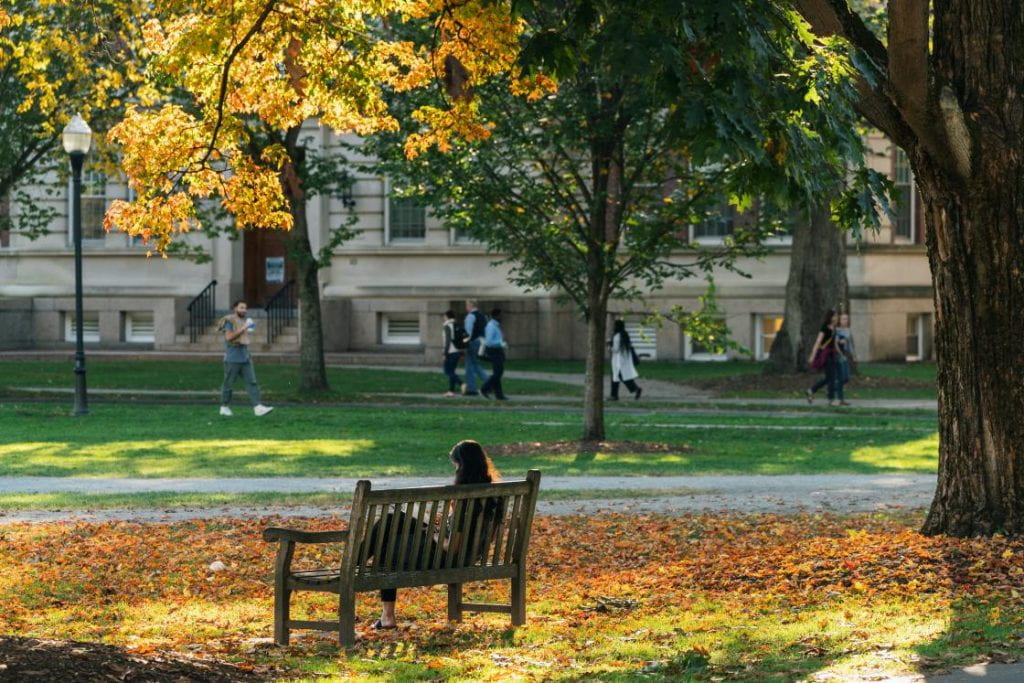‘Tis the week to celebrate RELATIONSHIPS (for folks that recognize Valentine’s Day at least)! Predictably perhaps, we will continue on that theme, but in the context of the college thriving aspect of “Social Connections”. “Social Connection” means that you are in healthy, equitable relationships – on and/or off campus. You have friends (pets and family count!) that listen to you and you feel a sense of community.
So whether or not you cringe at the thought of Valentine’s Day or you love it, the below will outline ways to help you foster healthy and sustainable relationships of all kinds. After all, according to this Greater Good article that summarizes what the world’s longest happiness study reveals about finding fulfillment,
“It turns out the key to a long, healthy life isn’t necessarily obvious…it’s not career achievement, or exercise, or a healthy diet” Instead, “one thing continuously demonstrates its broad and enduring importance: Good relationships.”
This is both daunting and empowering to discover. Mostly because having strong social connections are one of the greatest predictors of mental and physical wellbeing, but it’s also an area you generally just can’t make happen out of pure will. It takes two-to-tango so to speak, and people can only control what they bring to the relationship. But there is good news! The latest research on human connections points to specific things each of us can do to make – and keep – friends.
- Show and Tell – we all want to feel appreciated, cared for, and valued in relationships. Taking the time to let your friends know what they mean to you can go a long way.
Try This! Make a plan to tell a friend what makes you happy to have them in your life. Show your support to another by being genuinely excited when something really good happens to them. Put down your phone and give your full attention to another – the act of deeply listening is slim these days.
- Be Generous – Turn your awesome attributes into generous gifts to others.
Try This! Take some time and notice what qualities you bring to your friendships that are special. Maybe you listen well or have a knack to make others laugh or you are a wonderful empathizer. Perhaps you are skilled at time management, creating a budget, or making amazing playlists. Make a point to share these strengths with friends – particularly when they may need it most.
- Be real – although being vulnerable about our struggles, accomplishments, and fears can be scary, it can be a positive way to build trust and a sense of closeness with another.
Try this! You might try letting a friend in on when you’re struggling with something like a decision or when you are feeling overwhelmed. Or share something positive – like when you are going to get to see your dog finally or celebrating a win.
- Open to conflicts – as much as we want relationships to be drama-free, sometimes sparks fly, even in the healthiest of relationships.
Try this! Instead of shying away from times of conflict, lean in for greater understanding (as long as the conflict isn’t abusive in any way). Support yourself in the process of managing the difficult emotions that may arise during these times with one of our RAIN or compassion meditations – designed as a tool to help you manage strong feelings.
It takes about 200 hours of investment in the space of a few months to move a stranger into being a good friend. It does not happen overnight, so bringing grace in for yourself, and others, can be helpful in maintaining a positive perspective around friendships.
May you all feel a sense of true belonging – from the inside and outside.
Cheers to you and yours!
LB









